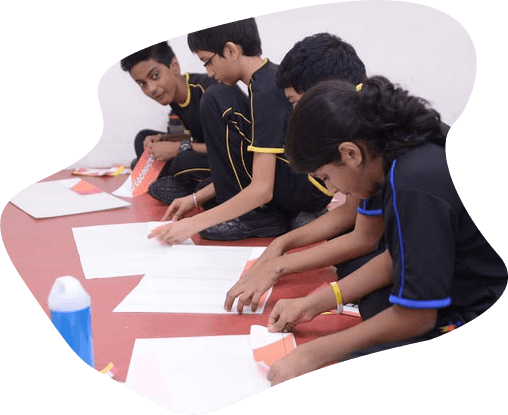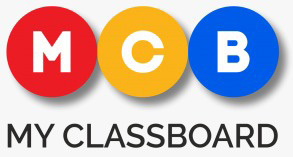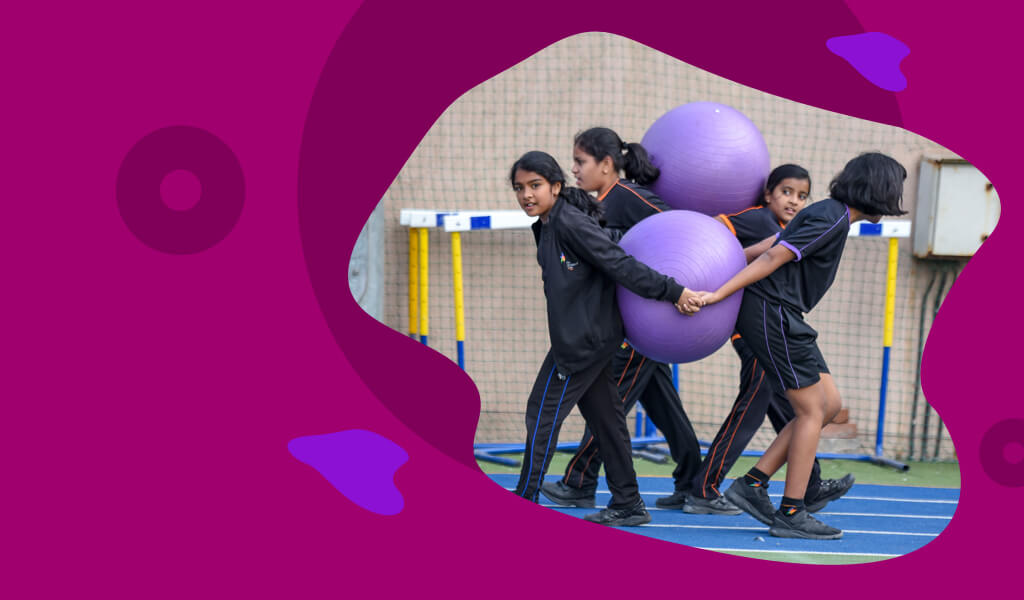
Nahar International School offers the flexible Cambridge Secondary 1 curriculum in Middle School (Grades 6 - 8), for each subject - English, Mathematics and Science, providing a clear teaching structure. For other subjects, the IGCSE curriculum is used to plan the Middle School curriculum.
Regular Progression Tests are conducted during the school year to assess students’ learning and performance and to report progress to learners and parents.
These progression tests adapt the formats and methods of Cambridge testing in order to ensure students remain familiar with the testing patterns which they will eventually encounter in the Grade 10 IGCSE exams.
To know more about Cambridge assessment visit cie.org.uk
At the end of Grade 8, students attempt Progression tests as well as the MidYIS (Middle Years Information System) assessments conducted by the Centre for Evaluation and Monitoring (CEM).
These are computer-adaptive baseline tests that provide a clear indication of subjects in which students are likely to do well thereby helping in making choices in Grade 9. They also help inform teachers where interventions may be helpful to improve pupil outcomes.
The four key areas of learning assessed in MidYis assessments are:
- Vocabulary: (Multiple choice questions designed to test their ability in vocabulary)
- Mathematics: (Fractions, decimals, and shapes problems, among others. Like the Vocabulary score, the Maths score is an excellent predictor of later academic achievement)
- Non-Verbal: N(Including proofreading and PSA (Perceptual Speed and Accuracy)
- Skills: (Including Cross-sections Block Counting and Pictures)
[CEM (Centre for Evaluation and Monitoring) is one of the largest and longest established research groups providing formative assessments for children of all ages and is used by education professionals in over 70 countries around the world. CEM’s methods are research-based and market-tested.]

Aligned with the vision of NIS we have a life skills program specially designed to take care of the needs of Middle school Students.
One of the most important aspects of the program is voluntary service. A study done by World Volunteer Web, revealed that, "youth who volunteer are less likely to engage in risky behavior, are more likely to feel connected to their communities, and tend to do better in school."
At NIS we believe that it is fundamental to impart the significance of helping others. Therefore the aim at NIS is to involve students in volunteering activities. By creating opportunities for our students to give back to others in some way, we are developing a sense of humanity in them. Volunteering gives students new insights and increases their self-esteem. It empowers students to believe they can make a difference through interacting with people who may have different cultural views, values and economic circumstances. It also helps them develop leadership skills.
Students get to meet people, make friends, try new activities and be creative. Volunteering helps them in character building and having a broader viewpoint. It offers them an opportunity to dispel their pent up energies in a positive way. It also helps them deal with many pressures students face including family, school and peers in a healthier way.
It provides them with the opportunity to discover the world that extends beyond their small and protected environment, an opportunity to realize how blessed they are, and brings out the best qualities in them. Finally it also helps them take responsibility.






